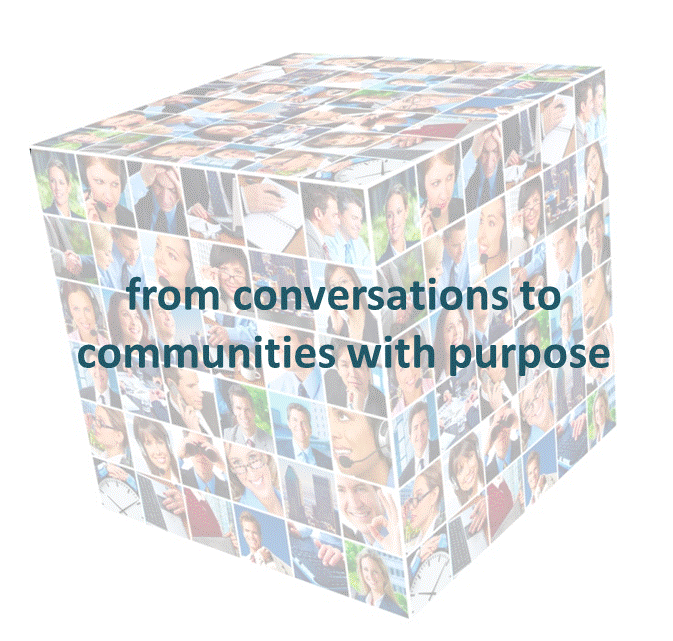A topic I have had discussions about quite a lot over the last few months is about the number of social media experts in the market today, many of whom have been involved in one initiative for 6 months – but they are an expert. There are many people who have been creating, managing, moderating and extracting value from online communites/social tools in their various forms since 1970, so it is hard to acknowledge an “expert” with such little experience. So how do customers/clients/individuals find someone who can help them unravel all this “stuff” and help them add value to their business?
In my opinion, and it is only an opinion, social media/online communities and digital tools in their many forms will become the technology which underlies the dna of an organisation. What I mean is that organisations, public, private, not for profit, government bodies, health care providers……. exist due to 6 stakeholder groups
Customers – individual s and other organisations who buy their product and/or service
Employees – individuals who are on the headcount/payroll of the organisation
Suppliers – individuals and organisations which provide then with resources, raw materials etc
Business Partners/alliances – individuals and organisations which work alongside to compliment their offering
Shareholders – individuals, organisations and institutions who have a financial stake in the business but may or may not be involved in the day to day running of the organisation
Influencers – individuals, organisations and institutions who influence the business – this may be analyst who recommends investors to buy or sell their shares but do not actuall hold any stake in the business themselves, journalists or other media platforms who have an opinion about the organisation and how it operates
Advocates – people who are positive about the organisation but may not have any direct contact to the organisations for example – I think habbo hotel has been a great success – but I have never worked there and cannot be a member as a wee bit old for that – same with othr organisations and individuals on this list whom I have followed for a number of years
So, my point is that each of these groups are informed and educated, engaged and collaborated with, listened to, provided a level of service/support and each of these activities are a form of communication which can be one or two way or involve multiple groups in multiple directions. Underneath all this communication is social media/social tools/digital tools/online communities and there are pockets, albeit small pockets of deep knowledge in some of these areas but not all areas but because the marketers of this world – whose job it is to AMPLIFY messages to the audience whoever they are have grabbed on to these terms and are trying to get to grips with how to incorporate them into their marketing strategies and tactical campaigns for their clients – they ALL NEED to be experts and gurus as they are only as good as their last campaign success so they are making a lot of noise.
Last year I did some work with a brand strategy agency and they had identified over 75 communication channels for a frozen food brand – about 10 of these could utilise social tools – I am sure there are more this year.
So, what is my real my point or may be a hope – that social media/social tools/digital tools/online communities stop being the latest news on the web and the “social media guru” stops being a claim on lots of CV’s and that they become the underlying mechanism for an organisation to communicate with any or all of their stakeholder groups and that they can obtain value from this which allows it to continue to grow and provide value to each and all the stakeholders involved.
The bottom line is that some of today’s tools will become standard tools, some will be obsorbed into others, some will fade and go away – however businesses will continue to function and other tools will appear which add value – it is key to understand how businesses operate and the role which you are supporting within that business with the technological tools set, not the tools themselves.

